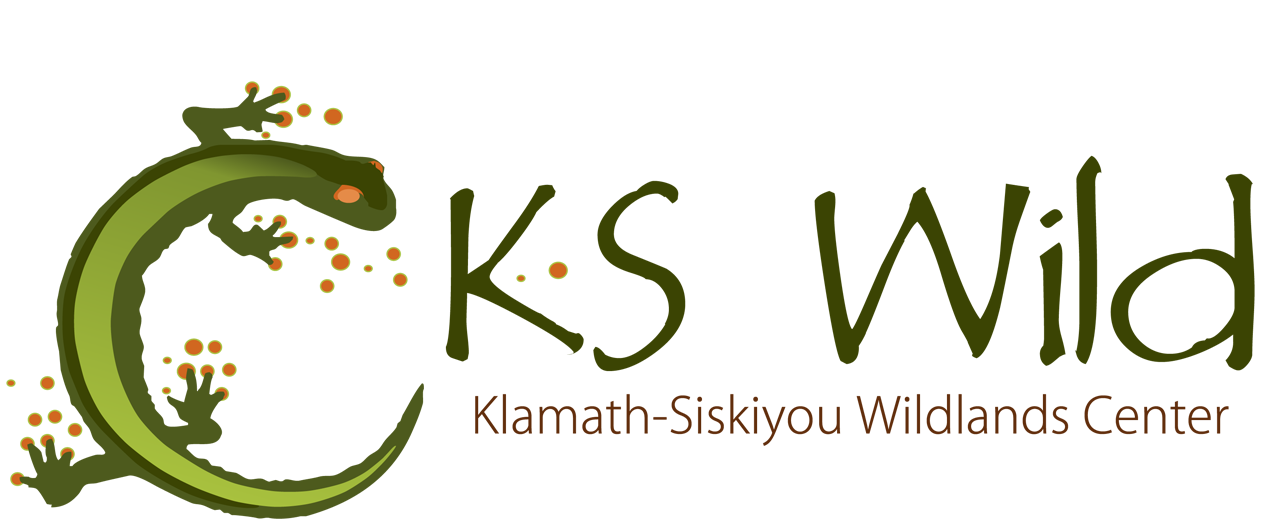Help Recover Nature’s Engineers
As part of KS Wild’s efforts to advance natural solutions to climate change, we are advocating for the recovery of beaver.
Beaver are one of the most widely distributed animals in North America, but were trapped to near extinction by early colonizers in the 1800s. Before extensive trapping, populations in the Northwest were estimated in the tens to hundreds of millions.
Beaver description
Beaver are large aquatic rodents, in the genus Castor. They have stout bodies with long teeth, webbed feet, and flat scaly tails. They consume bark, grass, and other plants. They live in monogamous pairs with offspring, who help their parents build dams and lodges. They are known as a keystone species; their life cycle allows other species to thrive.
How do beaver help streams and salmon?
Small dams created by beavers create side channels that salmon rely on for spawning and protection. These dams also increase ground water recharge, raise the water table and create cooler, cleaner waterways.
The threat
Unfortunately, beaver are still considered “predatory animals” in Oregon and are often trapped and killed. From 2000 to 2018, over 58,000 beaver kills were reported in Oregon. This past year, the Oregon legislature missed an opportunity to remove the trapping threat and to reclassify this species from “predatory” status. There are now many programs and solutions, rather than trapping, for when beaver do become a nuisance.
One visible example of beaver helping local streams is along Bear Creek by Phoenix, Oregon. The beaver ponds here lead to more water later in the dry seasons, helping with climate-induced drought. Once beaver get re-established, their ponds, wet soils, and meandering streamside habitat can even provide fire breaks and improve wildfire safe zones, desperately needed along Bear Creek and the many other streams in our region.
The fight is not over to protect beavers. KS Wild continues to work with our allies to advance beaver awareness and protection. To learn more about beavers, check out the Beaver Coalition's website: https://www.beavercoalition.org/.

